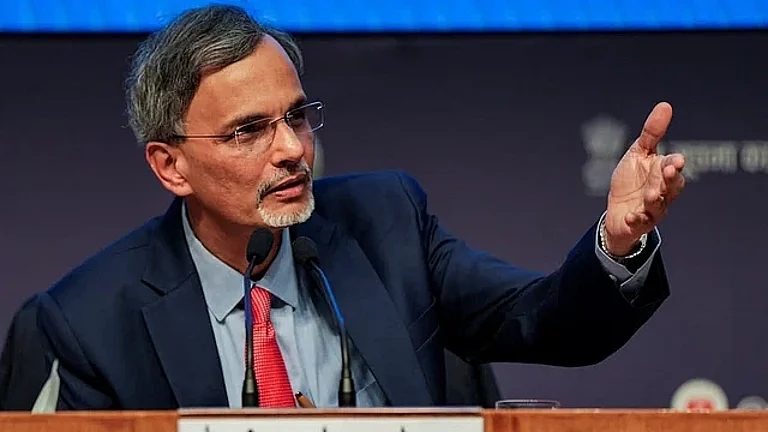The countdown to the Paris Olympics is on, with just 100 days until the world descends upon the City of Lights for a global celebration of athletic prowess. However, this year's Games carry a weight beyond competition. Organizers are striving to make a lasting impact, particularly in Seine-Saint-Denis, a disadvantaged Parisian suburb often overshadowed by the city center's grandeur.
Spreading the Olympic spirit beyond the tourist trail
Past Olympics haven't always delivered on promises of economic and social transformation for host cities. Rio de Janeiro in 2016 and Sochi in 2014 stand as cautionary tales, with unfulfilled promises and infrastructure left to decay. Paris is determined to break this cycle and ensure the Games benefit not just elite athletes and sponsors, but also the local community.
Seine-Saint-Denis, a melting pot of cultures and ethnicities, is a microcosm of France's social and economic challenges. High unemployment, racial discrimination, and a lack of opportunities for youth plague the region. Yet, it's also a vibrant community with a strong sense of identity. The Olympics present a chance to bridge the gap between Seine-Saint-Denis and Paris' more affluent areas.
Infrastructure with a purpose
The Games will leave a tangible legacy in Seine-Saint-Denis through new and refurbished sports facilities. A shining example is the town of Sevran, which will inherit a dismantled Olympic-sized pool after the Games conclude. This upgrade will be a game-changer for the community, replacing their aging and inadequate pool with a world-class facility. Not only will it provide a proper training ground for aspiring swimmers like 10-year-old Lyla Kebbi, but it will also offer countless children a chance to learn a life-saving skill and have a place for healthy recreation.
The story of Sevran's pool exemplifies the "sobriety" principle guiding the Paris Olympics. Organizers are committed to avoiding the white elephants of previous Games – expensive, rarely used sports facilities that become financial burdens. Instead, the focus is on constructing or renovating facilities that will be integrated into the community's long-term needs. This approach aims to minimize environmental impact while maximizing long-term usability.
Tackling social issues
Critics argue that infrastructure alone isn't enough to address the deeply entrenched social issues plaguing Seine-Saint-Denis. Some residents see the Games as a temporary spectacle, with little lasting impact on their daily lives. Mamitiana Rabarijaona, a local resident, welcomes the Olympics as a "big party" and is excited to volunteer, but acknowledges the challenges remain.
Organizers recognize the need to go beyond just building facilities. Initiatives are underway to promote sports participation among youth, foster social inclusion, and create job opportunities related to the Games and beyond. However, the question remains: can a mega-event like the Olympics truly tackle complex social issues?
Security, Privacy, and Geopolitical Tensions
Security remains a paramount concern for Paris, a city that has borne the brunt of extremist violence. The scaled-back opening ceremony plans and limited free ticket availability reflect these anxieties. However, this raises concerns about inclusivity and accessibility. Additionally, the use of extensive surveillance technology raises privacy red flags for some. Concerns are also mounting regarding the potential displacement of homeless people during the Games.
The Olympics are also unfolding amidst a backdrop of geopolitical tensions. The ongoing war in Ukraine and the barring of athletes from Russia and Belarus add another layer of complexity to the Games.
Despite the challenges, many see the Olympics as a potential force for good. Volunteers like Ayaovi Atindehou believe the Games can transcend differences and bring people together, fostering a sense of global unity even if it's temporary.
The success of the Paris Olympics won't be measured solely by medals or record-breaking performances. A crucial measure will be the long-term impact on Seine-Saint-Denis. Can these Games truly bridge the divide, create lasting opportunities, and leave a positive legacy for the community? Only time will tell if Paris 2024 can deliver on its ambitious vision.

























